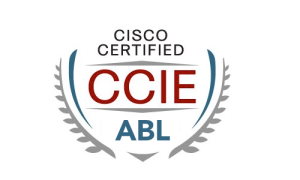AWS targets interrupted sessions with virtual desktops upgrade
Amazon Web Services has made its WorkSpaces virtual desktops less annoying to use with a feature that resumes the previous session after it detects an interruption.Today, if users close a laptop lid or lose the network connection, their session will be interrupted and they may be disconnected and have to log back in. But thanks to the auto session resume feature, that’ll be a thing of the past.It might seem like a small upgrade. But if Amazon wants the use of its WorkSpaces to take off on a larger scale, it’s small things like that it has to get right. The default time for resuming a session is 20 minutes, but it can be extended to a maximum of four hours or disabled by the administrator.To read this article in full or to leave a comment, please click here




